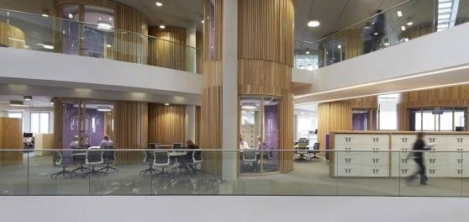January 27, 2015
Employers need to do more to attract and train older workers says REC
 Employers need to provide more training opportunities for older workers and how they advertise jobs to attract recruits over 55, according to the results of a survey issued by the Recruitment and Employment Confederation (REC). Asked to identify the most important change businesses should make to encourage applications from jobseekers aged 55 and over, almost four in ten (37%) respondents highlighted issues around advertising, while a third (34%) indicated that they should be providing more opportunities for older workers to upskill or reskill. Twenty percent said that businesses need to be more careful with language used in job adverts while 17 percent said that hirers need to look beyond posting jobs exclusively online. Evidence for the business case for retaining, retraining and recruiting older workers will be published by the Department for Work and Pensions in March.
Employers need to provide more training opportunities for older workers and how they advertise jobs to attract recruits over 55, according to the results of a survey issued by the Recruitment and Employment Confederation (REC). Asked to identify the most important change businesses should make to encourage applications from jobseekers aged 55 and over, almost four in ten (37%) respondents highlighted issues around advertising, while a third (34%) indicated that they should be providing more opportunities for older workers to upskill or reskill. Twenty percent said that businesses need to be more careful with language used in job adverts while 17 percent said that hirers need to look beyond posting jobs exclusively online. Evidence for the business case for retaining, retraining and recruiting older workers will be published by the Department for Work and Pensions in March.
























January 28, 2015
How well designed office hives can foster swarm intelligence
by Lee Parsons • Comment, Facilities management, Workplace design
(more…)